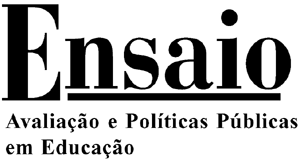Abstract
This quali-quantitative, exploratory field study approach is based on analyzing data obtained by applying the word recall test involving 100 respondents in order to build the social representation of distance learning (DL) from a Brazilian viewpoint. The ‘four-house board’ technique by Pierre Vergès was adopted as the data-treatment technique. Making use of theoretical concepts previously presented to discuss distance learning (DL), the social representation of DL is compared to this theory, in order to validate the knowledge and identify learning gaps. It was found that the main focus of the social representation of DL consists of the following words: Flexibility, Facility, Practicality, Discipline, Time, Low-cost, Cost, Opportunity, Internet and Convenience. The main conclusion is that, despite the positive outlook that Brazilians have of distance learning, some assumptions should be adopted to ensure its effectiveness: 1) the need to mix DL with classroom encounters; 2) the need for DL-based courses to have trained teachers that insist on interaction and 3) the need for material to be suitable for this form of education, as well as for the communication media and technologies used.
Learning; Education; DL; Social representation
